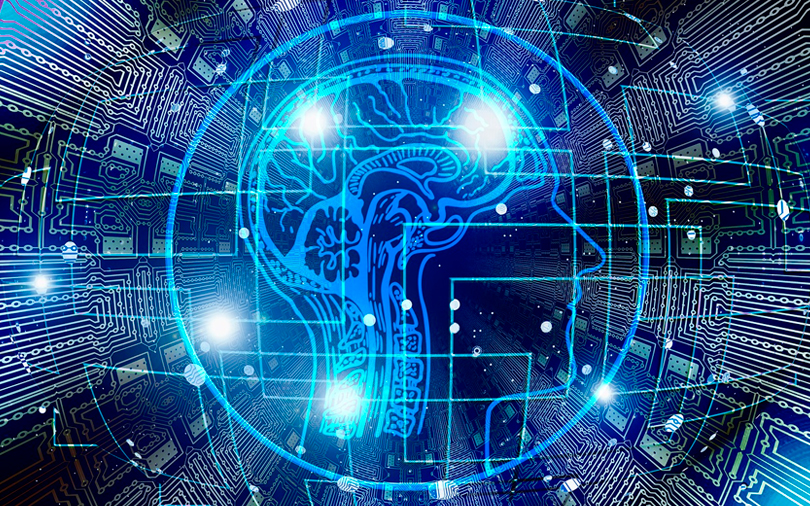
Japanese researchers use machine learning to detect dementia


A joint group of researchers from Osaka University and Nara Institute of Science and Technology in Japan has been able to detect dementia with 92% accuracy using machine learning techniques, the university said in a statement.
To make a diagnosis, the machine analysed the conversations that elderly people had with the human avatars of a computer, the statement added.
Dementia was diagnosed through cognitive function tests such as mini-mental state examination (MMSE) and medical imaging systems at hospitals, which the researchers said was more than adequate to determine the condition. Previously, the diagnoses were made mainly using the same neuropsychological questions, and hence, habituation lowered performance in detecting dementia, the researchers noted.

“If further developed, it will become possible to know whether or not an elderly individual is in the early stages of dementia through conversation with computer avatars at home on a daily basis. It will encourage them to seek medical help, leading to early diagnosis,” said the paper's lead author Takashi Kudo.
The machine can read various signals by combining features of dementia, such as delay in response to questions depending on the content of questions, intonation, articulation rate of the voice and the percentage of nouns and verbs in the speech, the research paper said. The machine learning model was created based on the interactions with only 12 participants.

IBM's AI platform Watson is already being used at Indian hospital chains like Apollo and Manipal for cancer cure.
